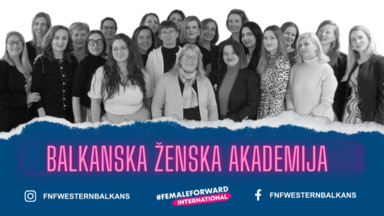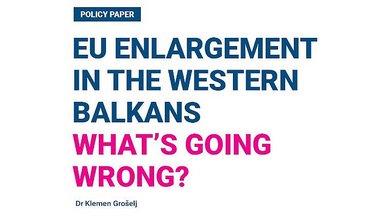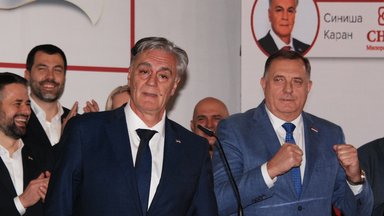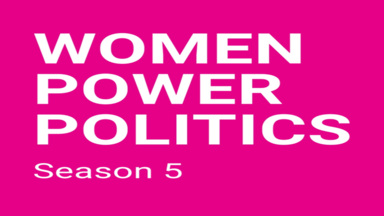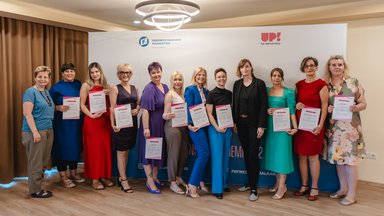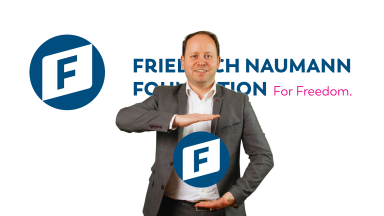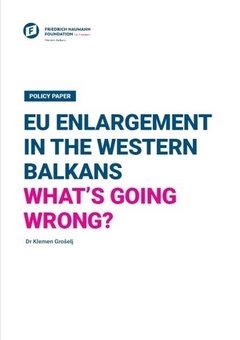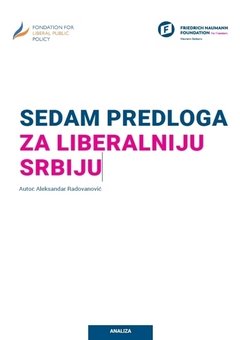Western Balkans
For three decades, the Friedrich Naumann Foundation for Freedom has been active in the countries of the Western Balkans, supporting them on their path to a united Europe. Out of its project office in Belgrade, the foundation coordinates its political and civil society work and consulting in Bosnia and Herzegovina, Croatia, Kosovo and Serbia. Together with domestic partners from politics and civil society, the foundation works specifically on the topics of human and civil rights, digital and open society, democracy and the rule of law, as well as on embracing European values and standards in the framework of the EU integration process.
News
-
"Did you say something?"
Student protests against the rule of Aleksandar Vučić in Serbia have been going on for over a year now. Cracks are beginning to appear in the previously flawless facade of Serbian autocracy. Social role models are abandoning the regime.
-
BAZA - Balkanska Ženska Akademija 2026
Applications for "BAZA - Balkanska Ženska Akademija" 2026 are open from 06-27 February 2026, and we encourage talented liberal women at all stages of their political journey to apply.
-
EU Enlargement in the Western Balkans - What's going wrong?
The study critically examines the stagnation of EU enlargement in the Western Balkans, arguing that the process has devolved into a ritualized façade of progress sustained by both the EU and candidate countries.
-
Contested election in Republika Srpska: What Dodik's narrow victory really means
The presidential election in Republika Srpska produced a marginal and contested victory for Dodik’s camp. Elections became necessary after a court barred the former President from holding public office for six years.
-
Connecting Local Politicians across the Western Balkans
For nearly two decades, the Friedrich Naumann Foundation has worked with liberal local councillors across the Western Balkans. "Locweb" took this collaboration to a new level.
-
"Women, Power, Politics" - The fifth season of our short doc series
The fifth season of the human interest series "Women, Power, Politics" portrays three strong women who are committed to standing up against patriarchal social conditions.
-
BAZA 2025: Encouraging women to reshape their societies
The Friedrich Naumann Foundation is committed to equal rights in the Western Balkans. In 2025, we continued to support liberal women who wish to become politically and socially active.

